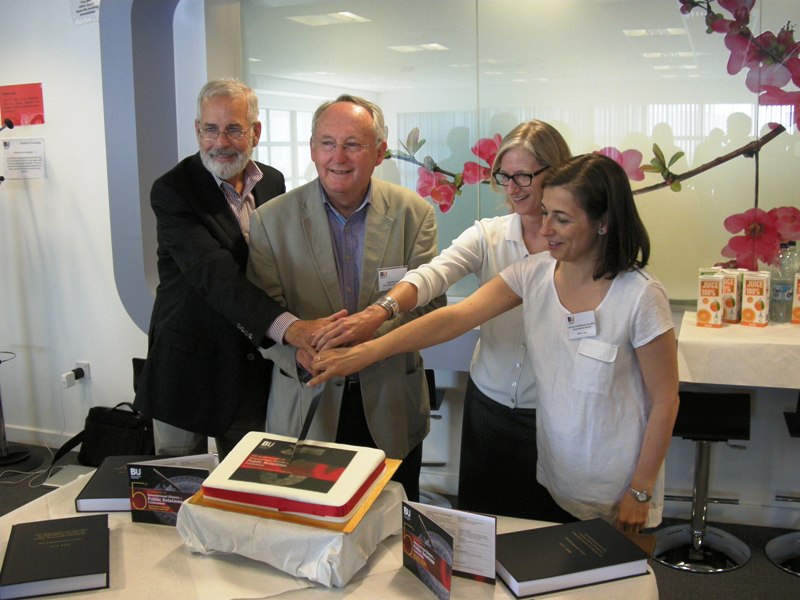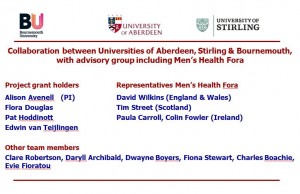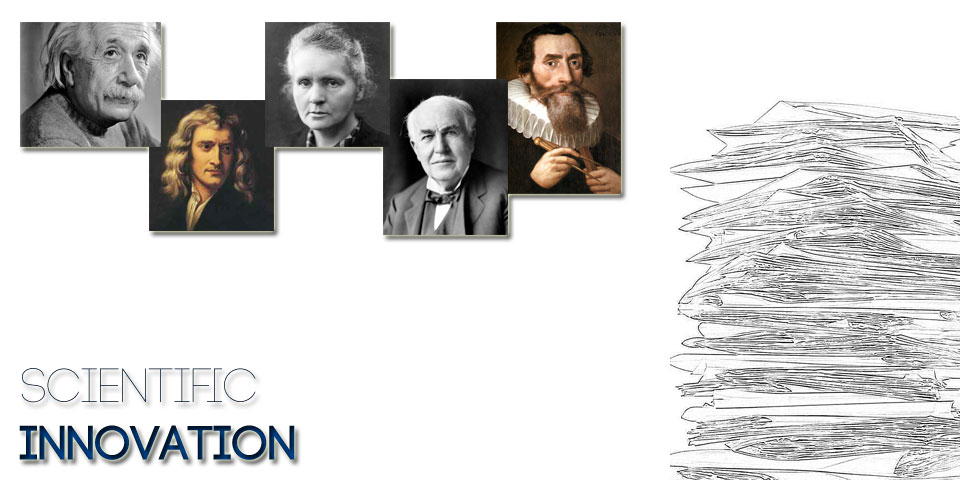Monday
The launch of University Alliance’s HELP UK proposals was picked up in the Conversation last week:
Social Mobility
The persistent focus on getting disadvantaged pupils into ‘top universities’ continues after research looking at the educational trajectories of disadvantaged children by the IFS is published by the Social Mobility and Child Poverty Commission.
The report suggests that “nearly 2,200 fewer poor children are attending elite universities than would be expected if they followed the same educational trajectory throughout secondary school as their better-off peers with similar levels of attainment at age 11.”
International & Immigration
HEPI have today released results of a survey which indicates that 78% of Conservative candidates think international students should be excluded from any target for reducing migration.
Sascha Auerbach, a lecturer in modern British history at the University of Nottingham comments in the Guardian that teaching at US universities is “broad and superficial compared with the UK.”
Teaching & Learning
A report, by scientific bodies including the Academy of Medical Sciences, says the quality of graduates is under threat by universities undervaluing the importance of teaching in academic careers.
Whilst an analysis of previously unpublished surveys of students and reveals that many tutorials and lectures are being taken by postgraduates rather than lecturers and professors.
Tuesday
Widening Participation
The Department of Education has released official date showing that disadvantaged pupils in inner London are more likely to go to university than much better off youngsters outside the capital.
Dr Sarah Lewthwaite, an independent researcher in disability, accessibility and higher education, warns in The Guardian that “cuts to the Disabled Students’ Allowance have repercussions for higher education as a whole, not just students.”
Research
Professor Stephen Caddick, Vice Provost of UCL argues, “for commercialisation to thrive it is vital that the UK invests appropriately in the entire pipeline of development, from early-phase frontier research through to technology development and thereafter commercialisation.”
Staff pay
Peter Scott, Professor of higher education studies at the Institute of Education, complains that “Universities have avoided financial crises by skimping on wages and outsourcing jobs while vice-chancellors’ pay has soared.”
Wednesday
Value for Money
A new survey by Which? Has found that nearly half of 1st and 2nd year students don’t think their degree is worth the money they’ll pay back, although nearly three-quarters say it will get them the career they want. University value for money questioned by students (Which?)
Election Policy
Lord Adonis has asked for a Labour government to set a science and research budget for the entire Parliament, and to give universities a bigger role in driving local growth. Labour should set science budget ‘for full Parliament’ (THE)
Women in STEM
A new study has revealed that women are massively underrepresented in the laboratories of the highest-achieving male biology professors in the US. Prize-winners’ labs ‘least likely to hire women’ (THE)
Careers Services
In a comment piece a 2nd year undergraduate has written about the need for university style careers services to be extended into schools. He also calls on other universities to follow the example of institutions such as Oxford Brookes and offer entrepreneurship focused modules. The ‘real world’ needn’t be so daunting (Telegraph Comment)
Comparison Test
Oxbridge and other UK universities are opposing attempts by the OECD to introduce Pisa-style tests to compare students from HE institutions around the world. Top UK universities oppose global comparison tests, says OECD (FT – Attached)
Thursday
NSS
The a HEFCE study of the NSS has shown that UK students in general are more satisfied with their university experience over the past decade, with overall satisfaction levels having risen by 5 percentage points between 2005 and 2013.
– Student satisfaction ‘is on the rise’, survey shows (BBC)
– Student satisfaction with university education on rise (Guardian)
The study was released alongside a review of the NSS which has recommended adjusting the NSS questions to counter a trend in students giving the same answer to every question. Spike in NSS ‘yea-sayers’ could weaken survey data (THE)
Student Visas
In a comment piece John Gill of THE argues that universities must take responsibility for oversight of international students. Leader: Visa issues at heart of problem (THE)
Fears that London branch campuses run by UK universities could have been targeted by criminals running visa scams have arisen as the Home Office investigation begins. Visa fraudsters ‘preying on’ London branch campuses (THE)
Government Policy
A survey of vice-chancellors has revealed striking levels of anger and frustration with the government and their policies. Vice-chancellors voice frustrations with policies (THE)
Future Graduates
David Sweeney, director for research, innovations and skills at HEFCE, has urged the sector to focus on producing graduates who will engage with society. University still a bastion of social elite, says Hefce official (THE)
Friday
Employment
HESA employment PIs, released earlier in the week, have shown that on average 92% of students were in employment 6 months after graduating. 8% of UK graduates still unemployed six months after finishing university (Independent)
Maths Education
A Nuffield Foundation report has found that changes to GCSE and A-level maths might put students off the subject. Maths changes ‘may put students off’, warns report (BBC)





























 New weight change BU paper
New weight change BU paper One week to go! | The 16th Annual Postgraduate Research Conference
One week to go! | The 16th Annual Postgraduate Research Conference Geography and Environmental Studies academics – would you like to get more involved in preparing our next REF submission?
Geography and Environmental Studies academics – would you like to get more involved in preparing our next REF submission? Congratulations to three former BU staff
Congratulations to three former BU staff MSCA Staff Exchanges 2024 Call – internal deadline
MSCA Staff Exchanges 2024 Call – internal deadline Applications are now open for 2025 ESRC Postdoctoral Fellowships!
Applications are now open for 2025 ESRC Postdoctoral Fellowships! Horizon Europe – ERC CoG and MSCA SE webinars
Horizon Europe – ERC CoG and MSCA SE webinars MaGMap: Mass Grave Mapping
MaGMap: Mass Grave Mapping ERC grants – series of webinars
ERC grants – series of webinars